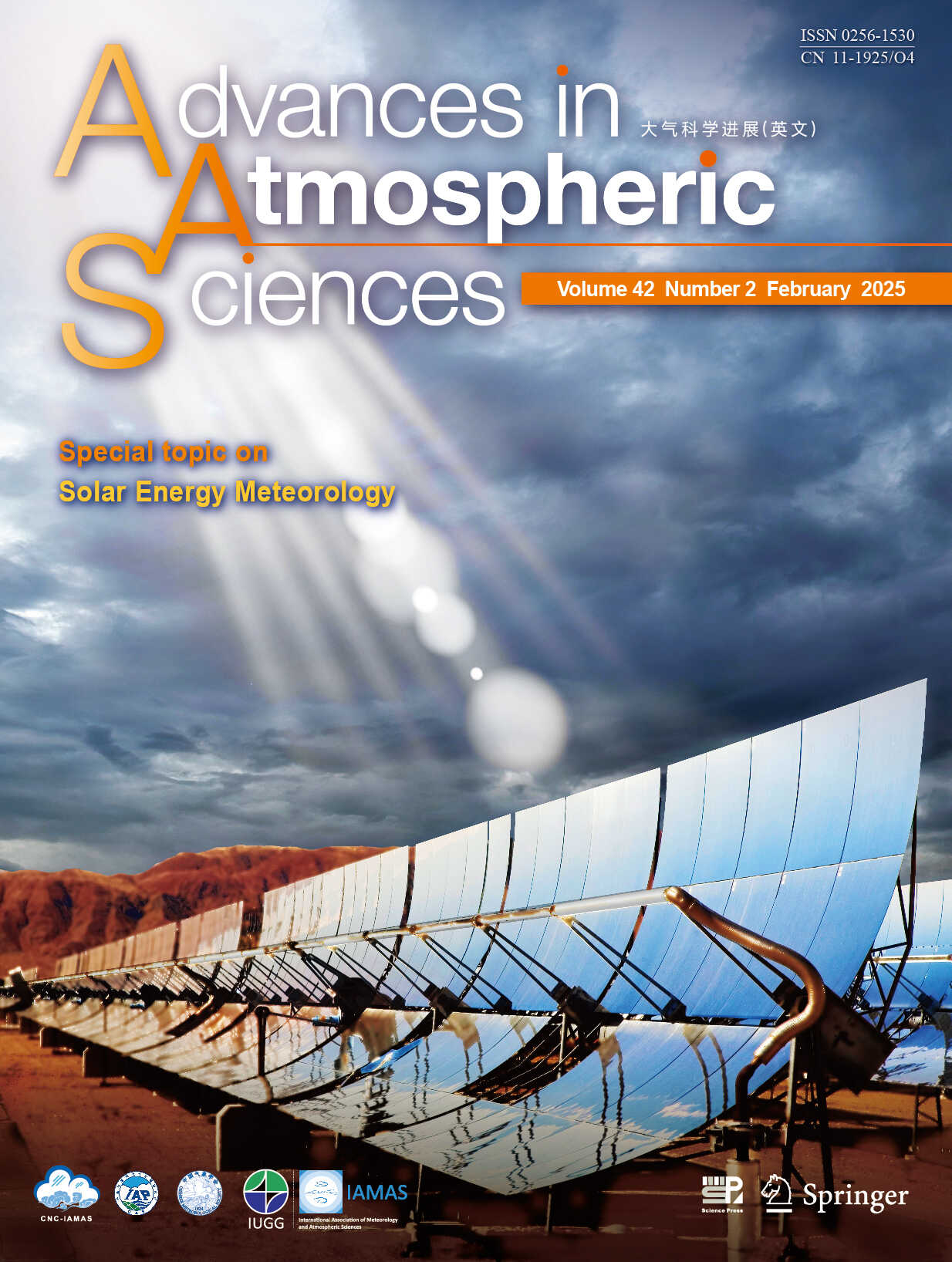A Special Collection to Address Challenges and Interdisciplinary Frontiers in Solar Energy Meteorology
Date:2024-12-30
Solar energy has emerged as one of the most efficient and cost-effective renewable energy technologies capable of reducing the planet's dependence on fossil fuels.
Solar energy efficiency isn't entirely trivial, however. In the past, most solar energy challenges were delegated solely to solar engineers. Today, an entire new field of meteorology, solar energy meteorology, has been developed specifically to address various challenges of converting solar energy into electricity.
One aspect of solar energy meteorology is to assess the long-term solar resource availability in various locations to develop solar electricity farms in the most efficient and cost-effective locations. On the other hand, solar energy meteorology must also address the second-to-second and day-to-day fluctuations in solar energy availability due to weather variations. This solar forecasting arm of solar energy meteorology helps energy providers efficiently schedule the use of different power systems in the shorter term.
Atmospheric scientists and solar energy engineers have approached the solar efficiency problem — understandably — from the perspective of their own disciplines and expertise. In order to effectively identify and address all of the challenges facing solar energy meteorology, however, the two fields must collaborate to tackle issues from an interdisciplinary perspective.
To highlight the pressing nature of this dilemma and the most recent developments in the field, the journal Advances in Atmospheric Science recently published a special topic on solar energy meteorology. This issue consists of five invited articles featuring progress and challenges in satellite remote sensing, solar system modeling, photovoltaic power forecasting, thermal balance of solar panels and decarbonization strategy.

The cover of the special issue. (Image by Advances in Atmospheric Sciences)
“In the meteorological community, there is a common misconception that obtaining precise and accurate meteorological data will automatically lead to high-quality solar power estimates,” said YANG Dazhi, professor at the Harbin Institute of Technology and one of the guest editors of the special topic.
The accuracy of meteorological data is only part of the solar energy efficiency hurdle that must be addressed by solar energy meteorology, however. “[In this special topic issue,] we stress that as an emerging interdisciplinary field, solar meteorology urgently requires both the atmospheric science and solar engineering communities to set aside disciplinary biases and gain a deeper understanding of the critical scientific and technical issues in interdisciplinary research,” said YANG.
“An additional aim of this special topic is to share expert perspectives and showcase the latest research advancements in solar meteorology, enabling atmospheric scientists to access relevant information when developing technologies and methods for solar energy applications,” said XIA Xiang'ao, from the Institute of Atmospheric Physics at the Chinese Academy of Sciences, also the guest editor of the special topic.
The invited articles, contributed by established scientists from China, USA, Germany and Hungary, each feature a different aspect of solar energy meteorology, ranging from power forecasting to calculation.
While there is still much work to be done in the field of solar energy meteorology, YANG and XIA hope that highlighting current developments in the field will encourage atmospheric scientists and solar energy scientists to collaborate and overcome many of these challenges. “The current transition in the energy mix — from one dominated by fossil fuels to one primarily reliant on renewables — is not solely the responsibility of energy engineers. We want to take this opportunity to emphasize that understanding the mechanisms and uncertainties involved in solar energy harvesting, as well as how this energy is delivered to users via the electricity grid, is very crucial.”They said in the preface of the special topic.
